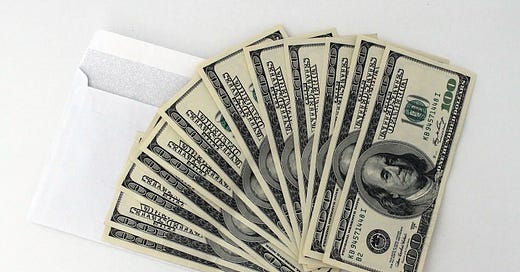What is the IMF?
The International Monetary Fund or IMF comes into the limelight when countries go into crisis. It is an organization which “works to achieve sustainable growth and prosperity for all its 190 member countries”. It wants to increase financial prosperity, trade and economic stability around the world.
But why do we need an international organization to do all this? And how did it come into being in the first place?
Well, the IMF was created in 1945 as part of the initial Bretton Woods agreement, which had the goal of maintaining fixed currency exchange rates for ease of trade and international monetary stability. It also acted as the gatekeeper to a type of fund named “International Bank for Reconstruction and Development” (IBRD) which was created to fund the repair work in Europe after WWII: non-IMF member countries were not allowed into the IBRD.
After the Bretton Woods system had to be done away with after the de-pegging of the US Dollar to gold in 1971, the IMF has been supporting the “floating exchange” in forex that goes on to this date.
So how does the IMF try to increase prosperity and stability?
Surveillance: The IMF collects a lot of data and has a system to review the economic state of its member countries. They can also offer advice to any countries it deems could require it.
Capacity Development: The IMF provides training, assistance and support to any member countries that need it, particularly low or mid-level income countries.
Lending: The IMF lends capital to countries going through economic problems for them to be able to handle things. Funds are lent out of the collective pool set up by the member countries (according to the respective economic states). These loans are given on the condition that appropriate reforms are implemented in the distressed nations.
While some people view the IMF as a helping hand to the world, particularly to distressed and low/mid-income countries, there are critics too. Some of them say the IMF is too hard on the countries they lend funds to which leads these countries into even more problems, while some say they are too soft on these countries and there should be even harder controls in place to ensure proper use of the loans.
What do you think? Is the IMF necessary? And is it a force for good or evil? And if you enjoyed this article, you can read more from me here. And do let me know if you want a specific topic covered. Subscribe for free to receive more posts like this every day!



